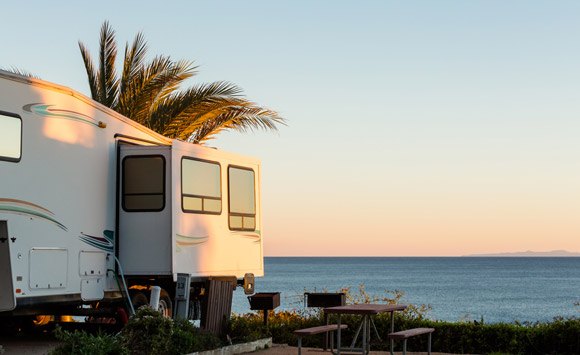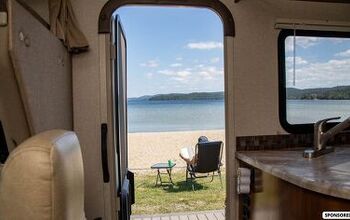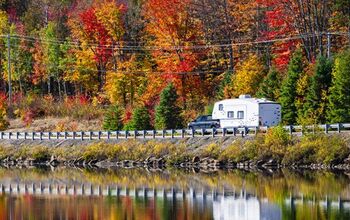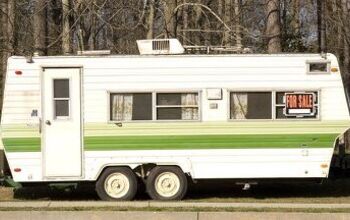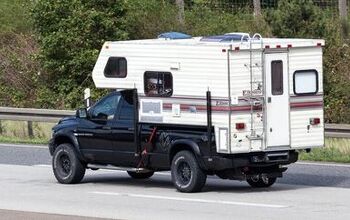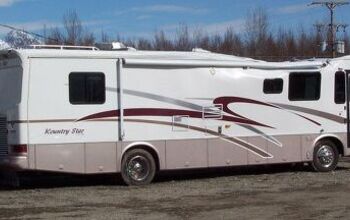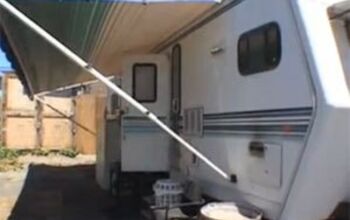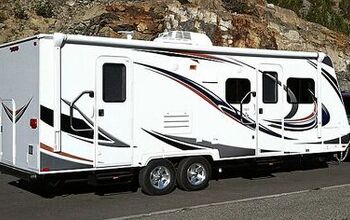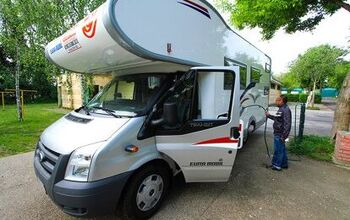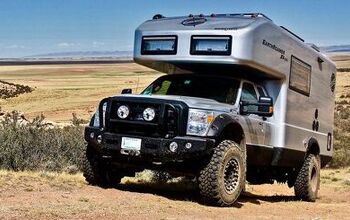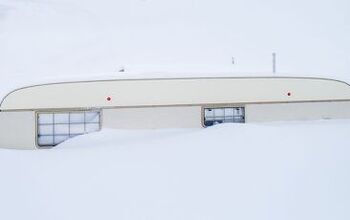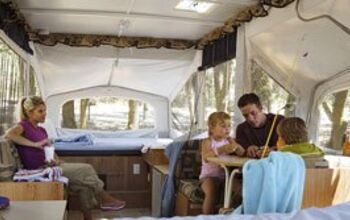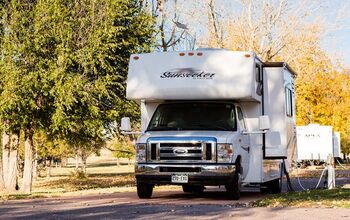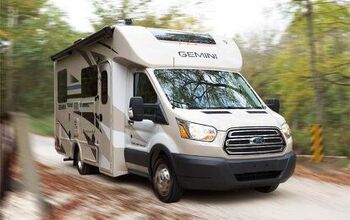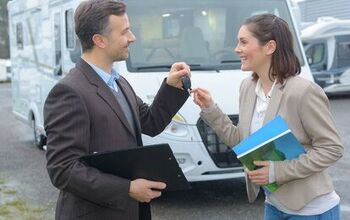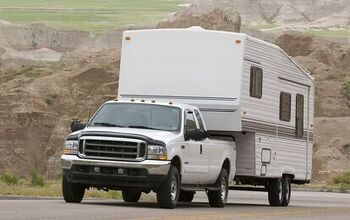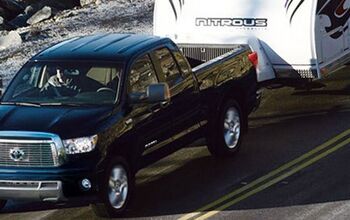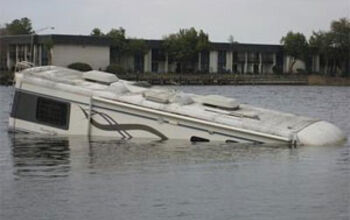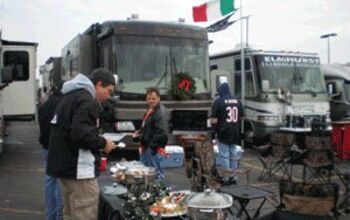A Beginner’s Guide to RVing
(Photo by Arina P Habich/Shutterstock.com)
Thinking about buying an RV can be pretty daunting. I can’t tell you how many times I have been in the same shoes you’re in right now. More than a few times, I have been halfway through the winter and thought I needed a new snowmobile. And every summer, I start thinking I absolutely need a new boat, or an ATV, and yes, a new RV. It was just a couple of years ago that my wife and I were sitting up early in the morning in our tent, trying to keep the down-pouring rain from washing the kids away. My wife and I looked at each other and knew – It was time to get an RV. Our Beginner’s Guide to RVing can help get you started.
Making the decision to get an RV for the first time is easy. Getting one makes going camping easier and adds a level of comfort and enjoyment to your outdoors activities. As a newbie to the RV world, there are a few things you should keep in mind before making the leap. Hopefully this Beginner’s Guide to RVing will take some of the guesswork out of the process for you.
Make a Plan
We’ve talked before about making a plan when you go into a spring RV show. That is a great time to buy as there are all kinds of incentives available. You’d think that mid-summer would be a bad time to buy, but it isn’t. If you’re buying from a dealer, they are trying to make room for the newer models coming, and anything they don’t have to figure out how to store for the winter is a plus. If you’re buying used, there are a lot of people who have realized that they just didn’t get as much use out of their RV as they would have liked, and are now starting to let them go for some really good prices. But you still need to plan.
Set a budget and stick to it. Look at your finances and know how much you can spend before you look. This gets a lot of first-time buyers. You spend more than you can really afford and wind up not having enough money left over to actually go camping. What fun is that?
Know what you want. Look through the articles on this site and do your research. You need to have a good understanding of what you want before you even look. A friend of mine recently bought a truly elaborate fifth-wheel RV. I mean, this thing is huge and comfortable. The only bad thing is, his truck isn’t big enough to pull it, so now it sits in an RV park while he works overtime to save up enough to buy a new truck too. Don’t worry, though. His wife is there to remind him of the blunder.
New or Used?
Can’t decide to buy new or uses? Our Beginner’s Guide to RVing can help. Contrary to what you may think, the RV industry is doing well right now. Interest rates are low and with the economy up, people are buying new RVs again. This is great for you as a beginner. There are lots of opportunities to pick up a bargain. I drove through a large RV dealership over the weekend and was floored by the prices posted on the various RVs. The salesman I spoke with said sales have been strong, too.
Don’t be afraid of the used market either. That same strong market for new RVs is creating a supply of really nice pre-owned RVs. Keep in mind what to look for when buying a used RV, though. A used RV can make for a great first-time owner purchase. You save some money, which helps if you wind up not finding the enjoyment from it you thought you would. But let’s be realistic. You’re bound to enjoy it. Still, it helps to save some cash when you can.
Once You Pull the Trigger
Now that you’ve made the purchase and own an RV, our Beginner’s Guide to RVing has some helpful advice…learned from experience. Sit down and make a list of everything you need to stock it. That’s part of owning an RV, too. Get things like plates, silverware, utensils, and pots and pans. Also get soap, paper towels, toilet paper and trash bags. Then pick up dry goods, like salt, pepper, coffee, sugar and other items that don’t require refrigeration.
My in-laws have been at the RV game for decades and when my wife and I bought our first RV, the best advice we got from them was to keep everything in plastic totes in the cupboards and storage areas inside the RV. This ensures everything is clean and free of things like bugs, mice, etc. All the stuff that can sneak into your RV when not in use and cause issues. They also gave us some large Zip-Lok style bags to keep our bedding in. Having all of these things in the RV and ready to go cuts down on your preparation time and makes it much easier to hook up and go. The sooner you can leave, the sooner you’re camping and not stressing about everyday life. And isn’t that why you bought a camper in the first place?
